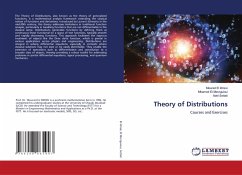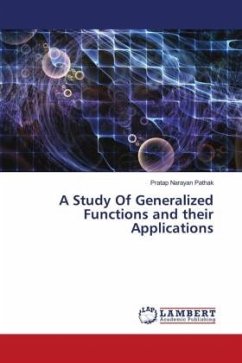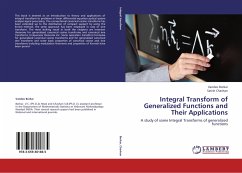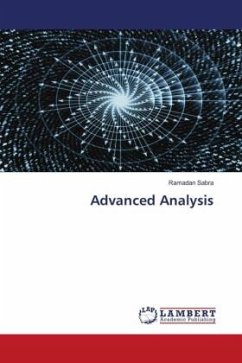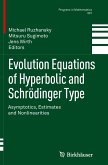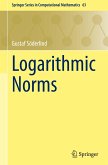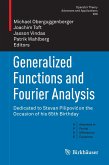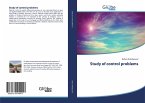The Theory of Distributions, also known as the theory of generalized functions, is a mathematical analysis framework extending the classical notion of functions and derivatives. Introduced by Laurent Schwartz in the mid-20th century, this theory addresses limitations in traditional function analysis, particularly in handling functions that are not differentiable in the classical sense. Distributions generalize functions by defining them as continuous linear functional on a space of test functions, typically smooth and rapidly decreasing functions. This approach facilitates the rigorous treatment of objects like the Dirac delta function, which is pivotal in various applications across physics and engineering. Distributions are integral in solving differential equations, especially in contexts where classical solutions may not exist or be easily identifiable. They enable the extension of operations such as differentiation and convolution to a broader class of objects, thereby providing a robust toolkit for addressing problems in partial differential equations, signal processing, and quantum mechanics.
Bitte wählen Sie Ihr Anliegen aus.
Rechnungen
Retourenschein anfordern
Bestellstatus
Storno

